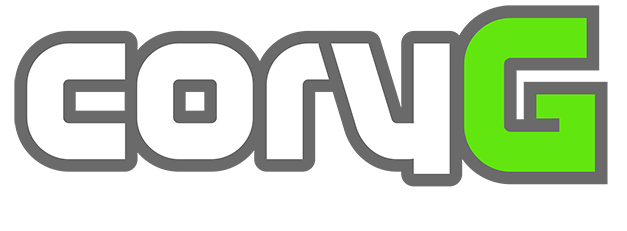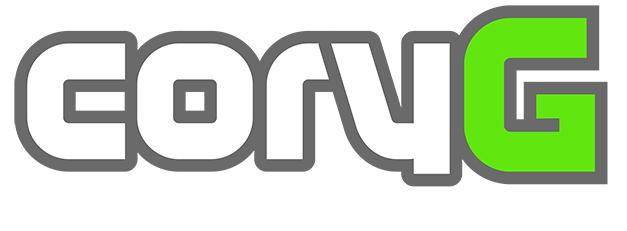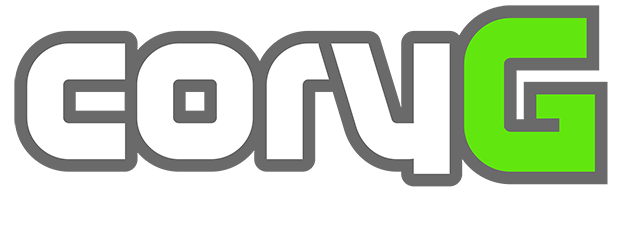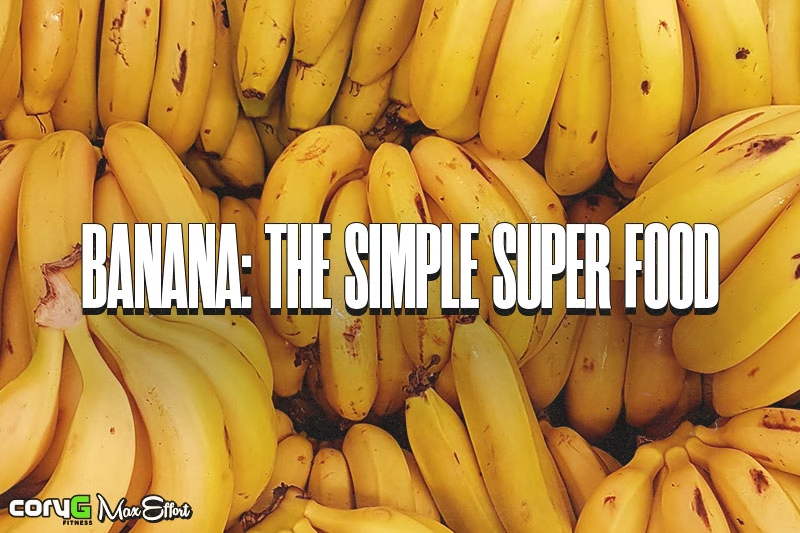
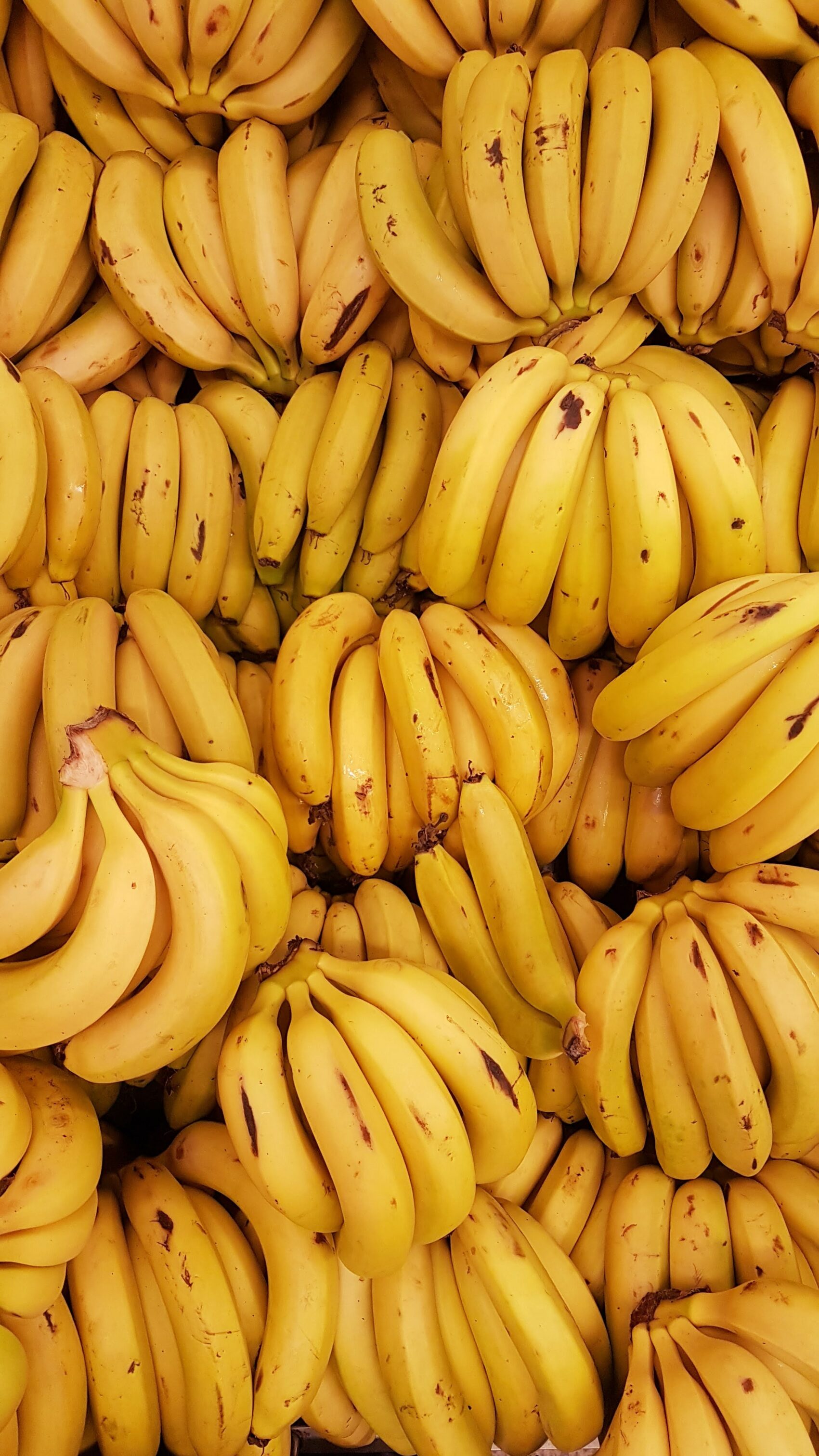
A few characteristics of the Busy Diet is that is contains super foods that provide big nutrition, moderate calories, and are easy to prepare.
The banana fits all these characteristics.
Interestingly, some “experts” have claimed bananas are bad for you. The truth is, unless you have a medical condition and your doctor has told you to avoid bananas, they are not only not bad for you, but they are an excellent food to support your training, fat loss, muscle development, and overall health.
Those who claim that bananas are not good for you will site the high natural sugar content (which is not high at all) and claim this will cause blood sugar spikes and result in an increase in body fat. However, when you look at the facts, the banana has a great fiber content compared to its relatively low calories.
As a result, bananas have a low glycemic index (50 – 55) which means the sugar in the banana enters your blood stream at a controlled rate, which prevents spikes in blood glucose, yet still provides the energy necessary to sustain workouts and aid in your recovery after a workout. Therefore, for active and healthy individuals, bananas can reduce cravings, help you stay satisfied between meals, and fuel your workouts.
The banana is a quick and easy food to prepare, you just peel and eat. Bananas also taste great, and they can be used to make amazing protein shakes (especially with Max Effort Plant Protein). They offer way more than just a great taste and easy preparation, as bananas are loaded with nutritional value which make them a no brainer when it comes to consuming a food for health and performance.
Nutritional Profile
One Medium Size Banana
• 112 calories
• 1.37 grams of protein
• 0.41 grams of fat
• 28.8 grams of carbohydrates
• 3.28 grams of total dietary fiber
• 15.4 grams of natural sugar
• 1.26 milligrams of sodium
• 11 milligrams of vitamin C
• 6.3 milligrams of calcium
• 0.33 milligrams of iron
• 34 milligrams of magnesium
• 27.7 milligrams of phosphorous
• 0.84 milligrams of niacin
• 451 milligrams of potassium
Although the above nutritional profile is not an exhaustive list of all the nutrients in a banana, it is easy to see how packed this fruit is with vital nutrients.
Fiber
As mentioned, bananas contain around 3 grams of fiber (medium sized banana) which is about 10% of the daily fiber recommendation. The fiber in bananas promotes healthy digestion, regularity, reduces the risk of various types of cancer, and can help lower cholesterol.
Some of the fiber in bananas is known as a resistant starch, which is not digestible, so it ferments in the gut and becomes a pre-biotic. These prebiotics feed the healthy bacteria in the gut, and this improves immune function and digestion. Healthy gut bacteria are extremely important for our overall health, but it also reduces bloating, diarrhea, and general stomach discomfort. As a matter of fact, if you need to take an antibiotic due to an illness or infection, it is a good idea to consume 1-2 bananas each day to counter the damage the antibiotic can do to your gut bacteria.
Exercise Support and Recovery
Bananas are a simple way to improve your recovery ability between workouts. First, a medium sized banana contains around 28 grams of carbohydrate which can help fuel your workouts and assist with the replenishment of muscle glycogen stores that are depleted during training.
Bananas also contain vital micronutrients such as the B vitamins (all B vitamins except B 12). B vitamins are responsible for metabolic processes, nerve function, DNA regulation, cell health and function, protein synthesis, hormone production, and vitamin metabolism.
Vitamin B6 in bananas also helps convert the amino acid tyrosine to dopamine, which provides you with a mood boost, so you feel better. Dopamine also increases antioxidant activity, which protects muscle cells from free radicals that can cause damage. This will also enhance recovery between workouts.
Bananas are known for the Potassium they contain. Even though some foods contain more, bananas still have a good supply of this vital nutrient. Potassium becomes an electrolyte once it enters the body and it plays a role in muscle contraction, heart function, cell hydration, nerve conduction, and protein synthesis. Potassium may be responsible for regulation of healthy blood pressure, the prevention of kidney stones, and a reduction of the risk of strokes. Potassium can also reduce the risk of cramping during physical activity.
Bananas also contain Magnesium which, like Potassium, plays multiple roles in the body. Magnesium is responsible for maintaining a healthy heart rhythm, blood pressure and cholesterol production. Magnesium also plays a role in digestive and metabolic health, and it helps to maintain healthy blood glucose levels. Healthy blood glucose levels not only support energy throughout the day but are also vital to exercise recovery and fat burning.
Magnesium plays a vital role in bone structure and density, and when combined with strength training, can provide you with strong, healthy bones well into your later years. If you struggle with sleep, the magnesium found in a banana may help you get to sleep, because Magnesium regulates specific neurotransmitters that calm the nervous system and allow you to sleep well which is crucial to exercise performance and recovery.
Magnesium is also important for the production of Insulin-like Growth Factor (IGF – 1), which is very important for muscle growth and strength for both males and females. In addition to helping muscles grow and become stronger, magnesium will enable muscles to relax during recovery, which is important for full muscle recovery, and it helps to prevent cramps.
If you are a coffee drinker and/or you like a little alcoholic beverage every once in a while, be aware that both caffeine and alcohol can reduce magnesium levels in the body. Therefore, grab a couple of bananas and replace what was lost.
Another important micronutrient found in bananas is the immune boosting Vitamin C. Vitamin C, which is an antioxidant, protects you from pathogens and helps aid your recovery between workouts. Along with vitamin C, bananas contain calcium, which is critical to muscle contraction and bone health, and phosphorus, which is important for kidney health and performance. Phosphorus can also reduce muscle pain after workouts.
Now you see why bananas are a part of the Busy Diet. They are simple, delicious, and loaded with nutrients that qualify them as a superfood. Nature’s easiest snack comes ready to eat and it will energize you, improve your mood, and give you an edge during both exercise and recovery from your workouts. Grab some bananas today and get started on the Busy Diet. You will see and feel the results.
By Don Laubenthal, MS, CSCS
Meet the Brofessor
Professor and Coordinator
Sport and Exercise Studies – Exercise Science
Columbus State Community College
[email protected]
@Don Laubenthal
